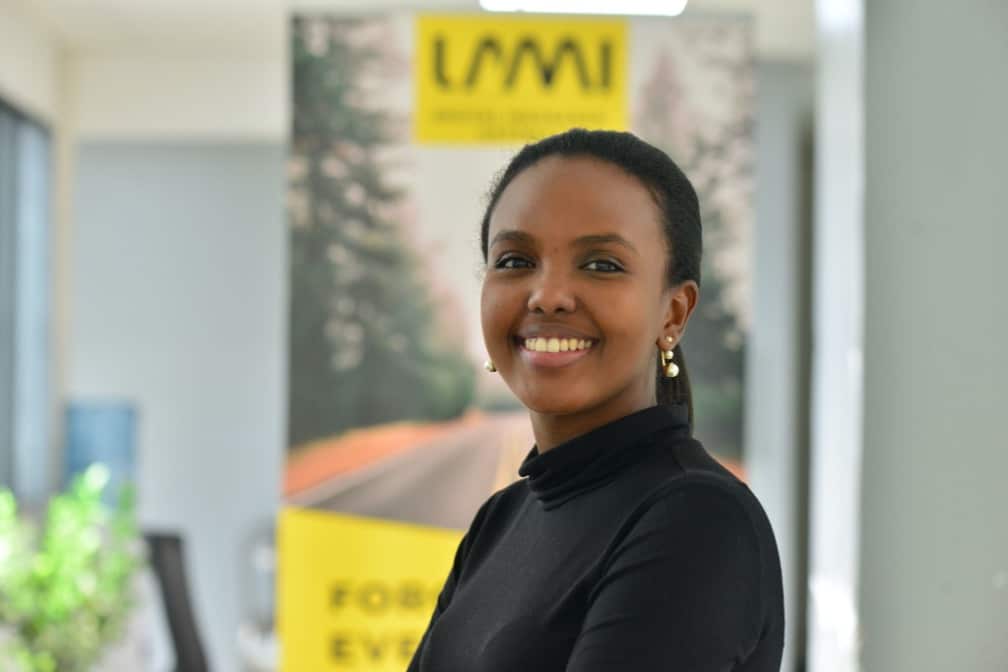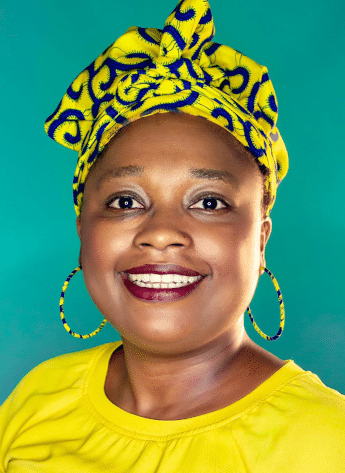The phrase “It’s a man’s world” takes on more meaning when funding from venture capitalists to startups founded or led by a woman is considered.
African startups raised approximately $5 billion in 2021, yet less than 1% of the money raised went to startups with a female founder or CEO. This trend also plays out globally, where just 2.3% of funding went to women-led startups in 2020.
One of the reasons often given for this mismatch is the lack of women as role models. So, we spoke to seven women who have raised at least $1 million from investors over the past three years, and they shared their top money-raising tips.
Target women-led funds
There’s no data to back this up, but most of the VCs you’ll meet are men. This is normal as humans are hard-wired to support people who look like them. Naturally and perhaps unconsciously, they end up funding men and only a few women.
Fortunately, it’s getting easier for women to raise money as more women launch venture capital funds targeted at them.
“There’s an art to fundraising. The first thing that an investor is trying to look for is the founders and team members. There’s a likeability factor there. They need to be able to relate to the founder. The story is different when an all-male team is trying to judge an all-women team,” says Damilola Olokesusi, Founder and CEO of Shuttlers, one of Nigeria’s oldest transport tech startups.

Nelly Chatue-Diop, Founder and CEO of Ejara, a Cameroonian fintech startup, shares the same opinion but warns that simply going after women investors isn’t enough.
“You should do your due diligence. Don’t think that they’ll be better because they’re women. Most of the women VCs that support women are very vocal about it. Look for those, and your chances will improve.”
On the flip side, Chioma Ugo, Co-founder and Head of Growth at fintech startup, Prospa, believes that women should spread their nets wide. Raising funds is often a numbers game, and the more investors you speak to, the more likely you are to get positive responses.
“I will say, talk to as many investors as possible just because the more people you talk to, the higher your chances of raising money,” she says.
Solve a viable problem
Investors fund businesses to get returns on their investments. Consequently, they always look out for companies that can scale. Therefore, regardless of gender, investors will often invest in businesses that promise generous returns.
Jessica Anuna, CEO and Founder of Klasha, believes that having a large market in Nigeria makes it easier to build such businesses for Nigerian entrepreneurs. Her startup provides payment options for businesses in Africa.

“I think that creating a company that solves a problem for a large addressable market is critical for success. Luckily, there are 200 million people in Nigeria, so we have a large addressable market.
“We also have different problems around the continent that we need to solve given the nascency of digitalisation on our continent.”
Olokesusi shares the same view. Her founding team at Shuttlers were all women. While she says it initially played a role in their difficulty raising money, she believes that solving a big enough problem and gaining traction helped them raise easily.
“Irrespective of your gender, the problem you should be solving must be big enough. That way, even if no one invests, you can still build a business.”
Have the right team
Having the right team is crucial for any startup, regardless of what stage they’re at. However, with little information for investors to make decisions at the early stages, it often comes down to who is working on a problem.
For Olokesusi, having an all-women team without experience in the transportation industry and no CTO was a disadvantage.

“I know that one other thing that didn’t help at the initial stage was we didn’t have a CTO. At the same time, we needed funds to attract a CTO, so it was a chicken and egg thing.”
Anuna adds that investors are more likely to back founders when they have deep expertise in the industry they’re building in.
“VCs are more likely to back you if you have a history in the field that you want to get into because it proves that you have a track record and understanding of the industry and ecosystem.”
Understand what fundraising involves
It’s rare to find a first-time entrepreneur that has a complete grasp of what fundraising entails. Even for more experienced founders, the process can also be nerve-wracking. Unfortunately, there are not enough resources for African founders looking to learn about the fundraising process.
Jihan Abass is the Founder and CEO of Lami, an insurtech startup, and she believes that founders need to understand what the fundraising process involves.

“Speaking to as many women or just founders in general, to understand the process is really helpful. Secondly, understand what you should expect, what is not a good deal. I think you should have those discussions and make sure that you speak with other founders to see what their process was and what deal they got.”
Prove that your business works
Too many entrepreneurs start fundraising before they have proven that their ideas work. While some entrepreneurs may raise money for their ideas without proof that it works, that is harder in Africa. Therefore, proving that your business works could improve your chances with investors.

“Proving the concept is very critical no matter how small it is. So, get your first hundred customers, get your first 500 merchants or whatever it is. That proof of concept is so critical because it helps the VCs buy in. After all, you’ve used your money and resources to show your idea works regardless of if it’s on a small scale or not,” Anuna shares.
Take advantage of intros
The difference between a founder who raises money and another who struggles is often the successful entrepreneur’s network. Unfortunately, few women work as VCs or founders. Consequently, getting an introduction to an investor could be helpful.
“Intros are always great. For example, suppose I introduce you to an investor that already backed me. In that case, that proves that they back women, and it’s coming from a very reliable source, so obviously, the chances of you raising from that person are heightened,” Ugo says.

While women have a more challenging time raising money than men, Meghan McCormick, CEO and Co-founder of OZÉ, advises that they take feedback from VCs with scepticism, accepting only what is important.
“While raising, it is essential to evaluate the feedback you get from VCs and decide which one to implement. Because when you’re raising money, the VCs are your customers, and you want to be customer-centric. “On the other hand, you should also take it with a grain of salt and not role-play what you think a male founder will act like or say because you think that will be more successful in getting you money.”
Source: techpoint










